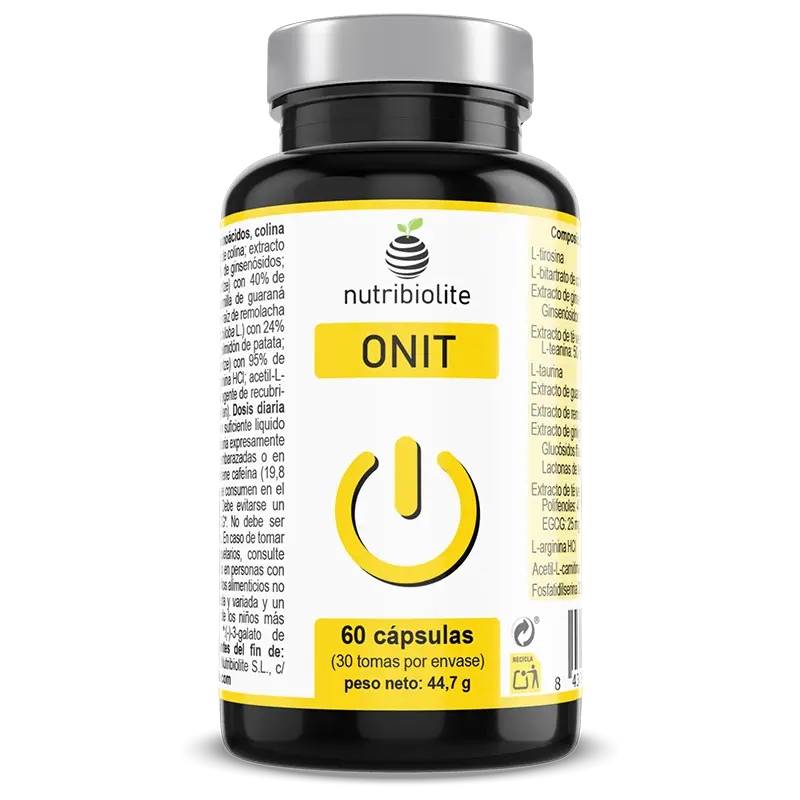A study in Frontiers in neurology published in 2025 looked at people with mild cognitive impairment and imaging tests consistent with early Alzheimer’s disease. Those who took oral Ginkgo biloba extract for a year maintained their mental performance and daily autonomy better than those who used other common cognitive enhancers.
For these people and their families, the finding is relevant. No cures were observed, but greater stability in memory and activities of daily living were observed, along with fewer blood signs of disease-related toxic protein accumulation.
What the study did and what changes it observed
The work was a retrospective cohort study at a memory unit in South Korea. It included 64 people with mild cognitive impairment, all with amyloid-positive positron emission tomography, which indicates a high risk of progressing to Alzheimer’s dementia.
For about 12 months, 42 patients took 240 mg of standardised Ginkgo biloba extract daily as monotherapy. The other 22 received supplements such as omega-3 or choline precursors, but not Ginkgo. Global cognition was assessed with the Mini Mental State Examination, functionality with daily activity scales and a blood biomarker reflecting the tendency of beta-amyloid protein to form toxic oligomers.
In the Ginkgo group, all patients were considered responders according to the criterion of no worsening on key cognitive tests. In addition, none progressed to clinical dementia during the one-year follow-up. In the non-Ginkgo group, only six out of ten maintained stability and about one in seven progressed to dementia.
The changes were modest in magnitude, but relevant in a context where slow and steady worsening is the norm. In blood, the beta-amyloid oligomerisation marker decreased significantly in the Ginkgo group, while it remained clearly unchanged in the comparator group.
What’s going on in the brain at this early stage
In Alzheimer’s-associated mild cognitive impairment, the brain already accumulates beta-amyloid. This protein, when clumped into small oligomers, disrupts communication between neurons and promotes inflammation and oxidative stress, resulting in memory and attention failures.
The study used a blood test called MDS Oaβ, which measures how easily beta-amyloid forms these oligomers. A reduction in this marker suggests that the molecular environment of the brain may be less favourable to the formation of toxic aggregates, although it does not prove this definitively.
The authors point out that standardised Ginkgo biloba extract has several known physiological actions. These include antioxidant support, modulation of inflammation, improvement of cerebral blood flow and the ability to interfere with beta-amyloid aggregation. The pattern observed in the biomarker fits with this view of global support for the neuronal environment, rather than a point effect.
Still, the retrospective design and the lack of randomisation mean that the results should be interpreted with caution. Factors such as lifestyle, education level or adherence, which are not always fully controlled for in actual clinical practice, may play a role.
Habits that support the brain in the presence of cognitive vulnerability
Beyond any supplementation, the foundation of early brain care rests on several pillars. Regular physical activity, especially moderate aerobic exercise, is associated with improved brain blood flow and reduced risk of accelerated decline.
In diet, patterns rich in vegetables, fruits, legumes, oily fish, nuts and olive oil show a consistent association with better long-term cognitive health. Reducing added and ultra-processed sugars helps maintain a more stable metabolism, which also protects the brain.
Adequate night’s rest, stress management and an active social life are key. Chronic poor sleep, living with sustained stress or social isolation are associated with an increased risk of cognitive decline. Working on these issues gradually can make a difference in the multi-year trajectory.
Finally, following the recommended neurological and cognitive check-ups allows for early detection of changes. Adjusting medication, cognitive rehabilitation and psychological support according to the evolution is as important as any nutritional strategy.
How Onit fits into this logic of physiological support
The study focuses on an oral extract of Ginkgo biloba used for one year in people with mild cognitive impairment and high risk of Alzheimer’s disease. It shows that, as part of a global approach, certain plant-derived compounds can support physiological processes involved in memory, cerebral circulation and oxidative balance.
Onit, a Nutribiolite food supplement based on plant extracts, amino acids, choline and phosphatidylserine, is in the same vein of working with pathways already present in the body. Its focus is on supporting cognitive functions such as attention and memory within a routine that also includes exercise, careful nutrition and medical follow-up when necessary.

A dietary supplement designed to support mental performance and concentration within a healthy lifestyle.
For an adult who experiences high mental workload, long hours of intellectual work or wants to take care of their mental alertness over the years, it may make sense to integrate a product like Onit into a broader strategy. That strategy includes daily movement, adequate rest, a plant-rich diet and a medical check-up if worrisome forgetfulness or changes in daily functioning occur.
What this study leaves us with and how to move forward
The paper in Frontiers in neurology suggests that oral Ginkgo biloba extract may help stabilise cognition and function in people with mild cognitive impairment and biomarkers of Alzheimer’s disease. It also points to a possible impact on beta-amyloid dynamics, although this part needs further confirmation.
For everyday life, the central message is that the brain responds to what we do in a sustained way. Habits of movement, eating and rest, along with well-planned nutritional supports and professional supervision, can help maintain autonomy-sustaining abilities for longer.
This content is informational and is not a substitute for the advice of a healthcare professional.
Frequently asked questions
What does it mean that Ginkgo biloba showed efficacy in this study?
It means that, in this particular group of people with amyloid-positive mild cognitive impairment, those who took Ginkgo maintained their mental performance and daily functioning better for a year than those who received other common cognitive enhancers. This does not imply a cure, but greater stability than expected.
Does this study apply to healthy people who want to care for their memory
No. The work was done in people with mild cognitive impairment and imaging evidence consistent with early Alzheimer’s disease. In healthy adults, the priorities remain lifestyle habits and general prevention, and the available evidence is different.
What role does the MDS Oaβ biomarker play in interpreting the results?
This blood test measures the tendency of beta-amyloid to form toxic oligomers. In the Ginkgo group it decreased significantly, suggesting a possible effect on early disease processes. However, it remains an indirect marker and needs further validation.
How a product like Onit fits into brain health care
Onit is intended as a food supplement that supports physiological processes related to cognitive function, such as attention and mental performance. It makes sense to integrate it into a routine that prioritises exercise, a balanced diet, adequate rest and medical follow-up when there are specific symptoms or diagnoses.
If I have frequent forgetfulness, is it enough to take a supplement?
No. Forgetfulness that affects work, money management or daily life should be discussed with a healthcare professional. Supplements can be part of an overall strategy, but are not a substitute for a diagnosis or an individualised plan that includes neurological screening, lifestyle changes and, if appropriate, other interventions.
















